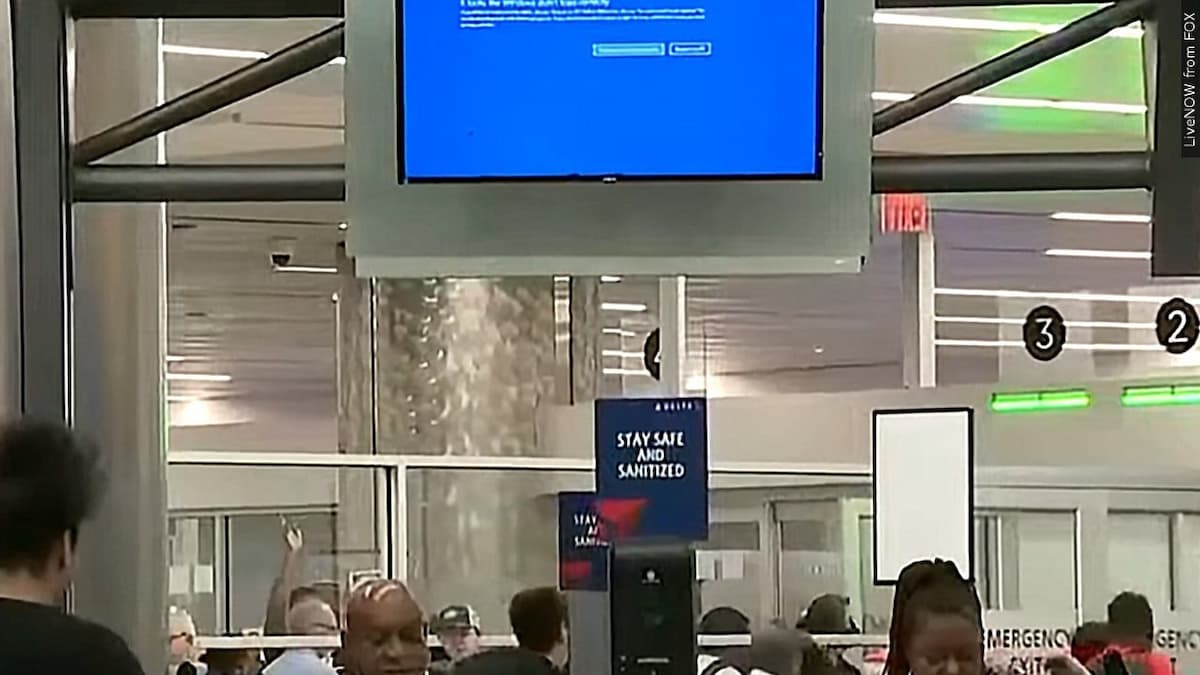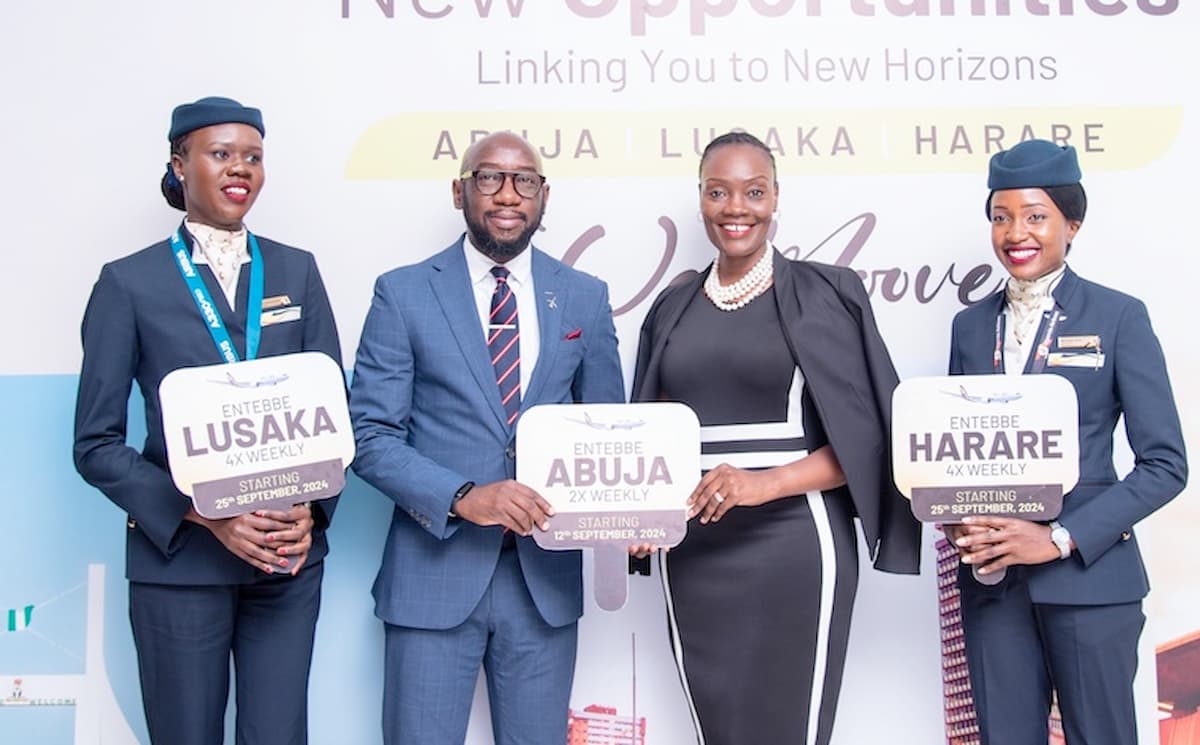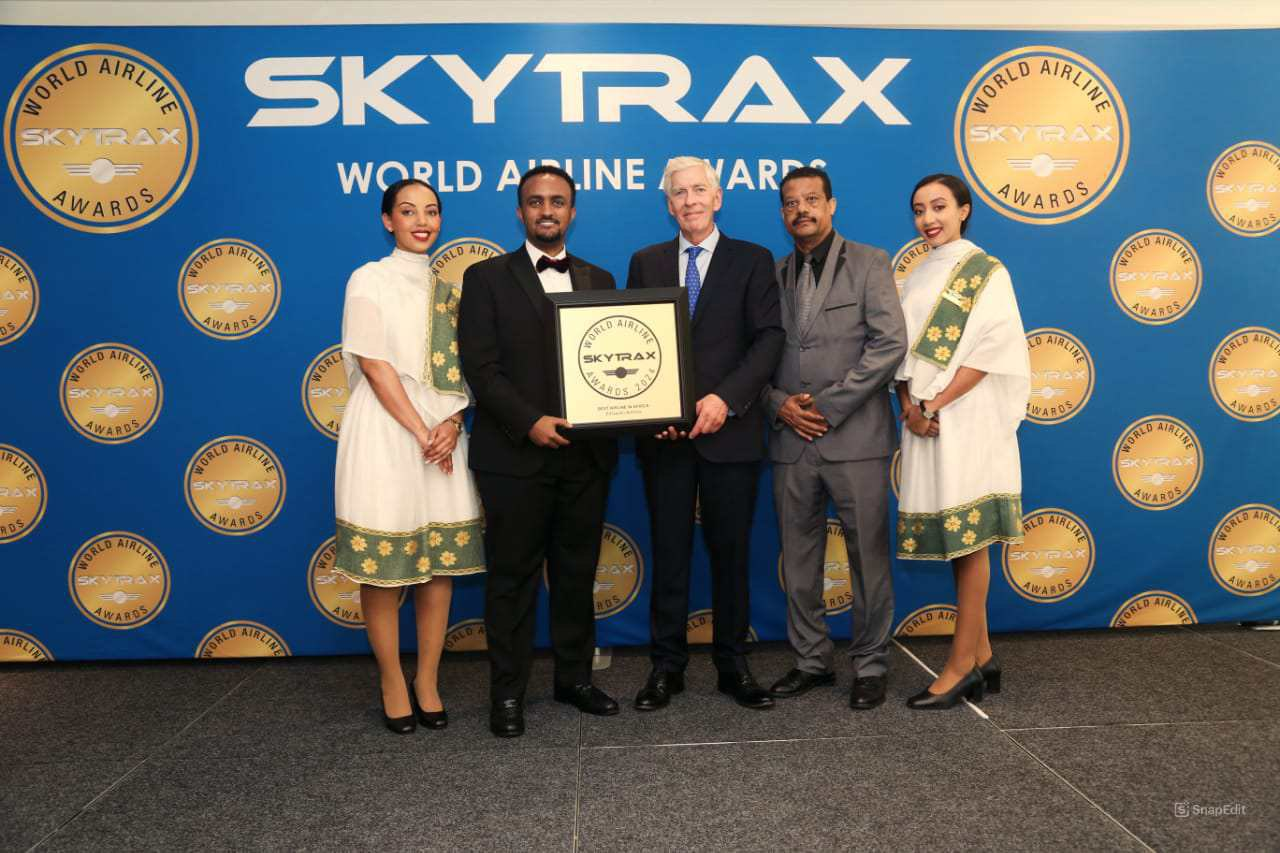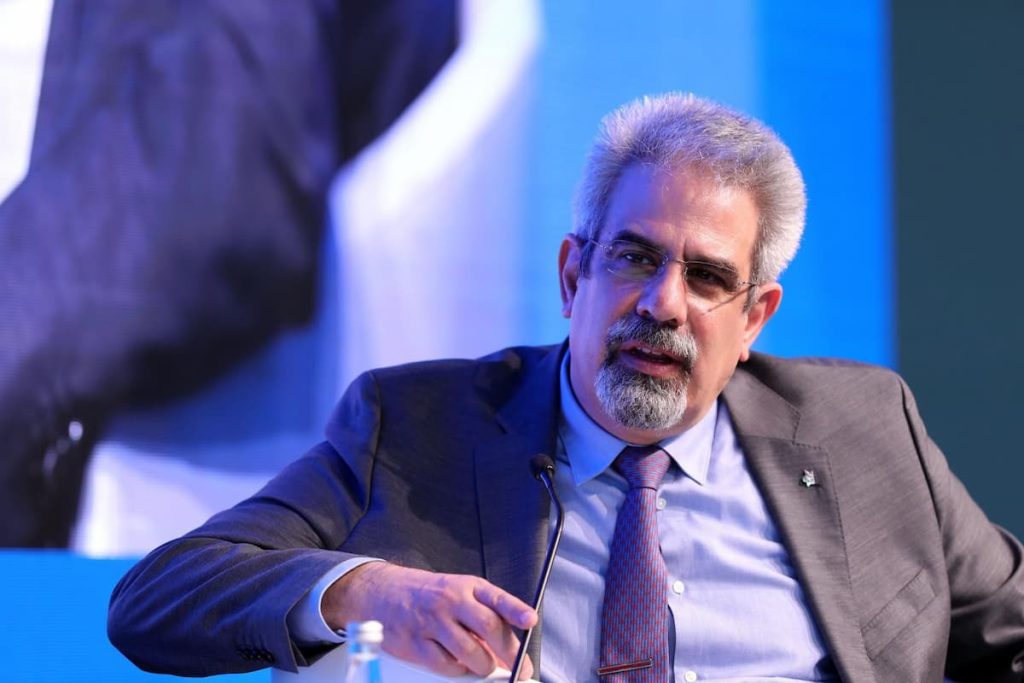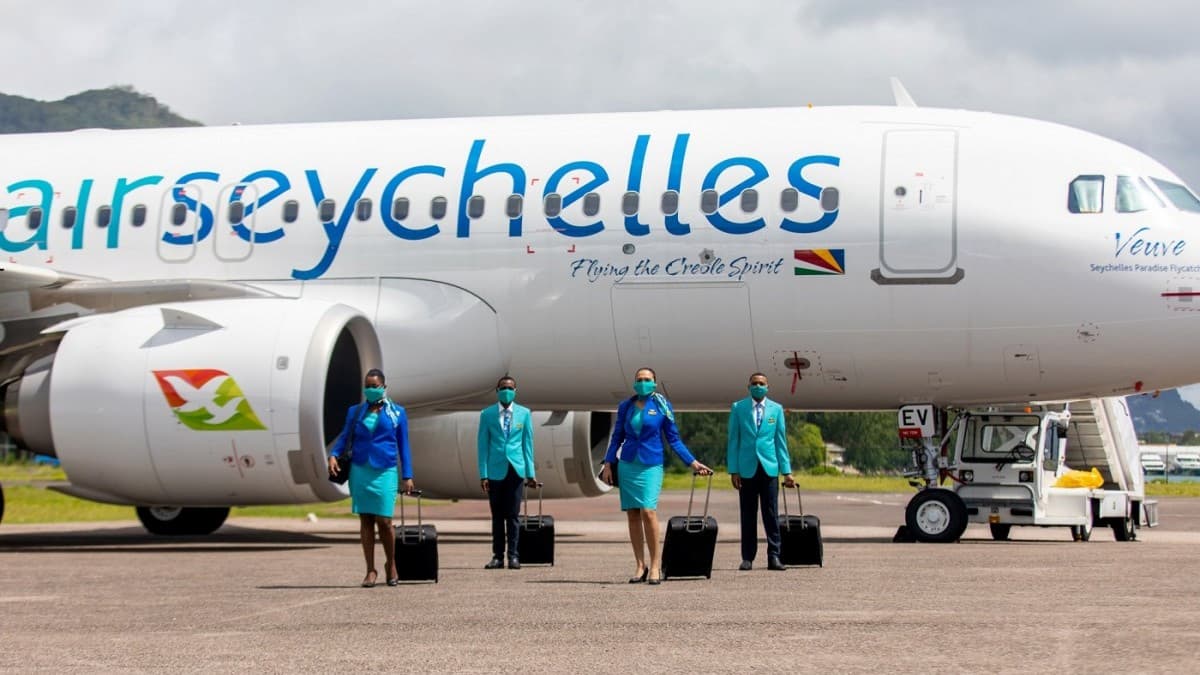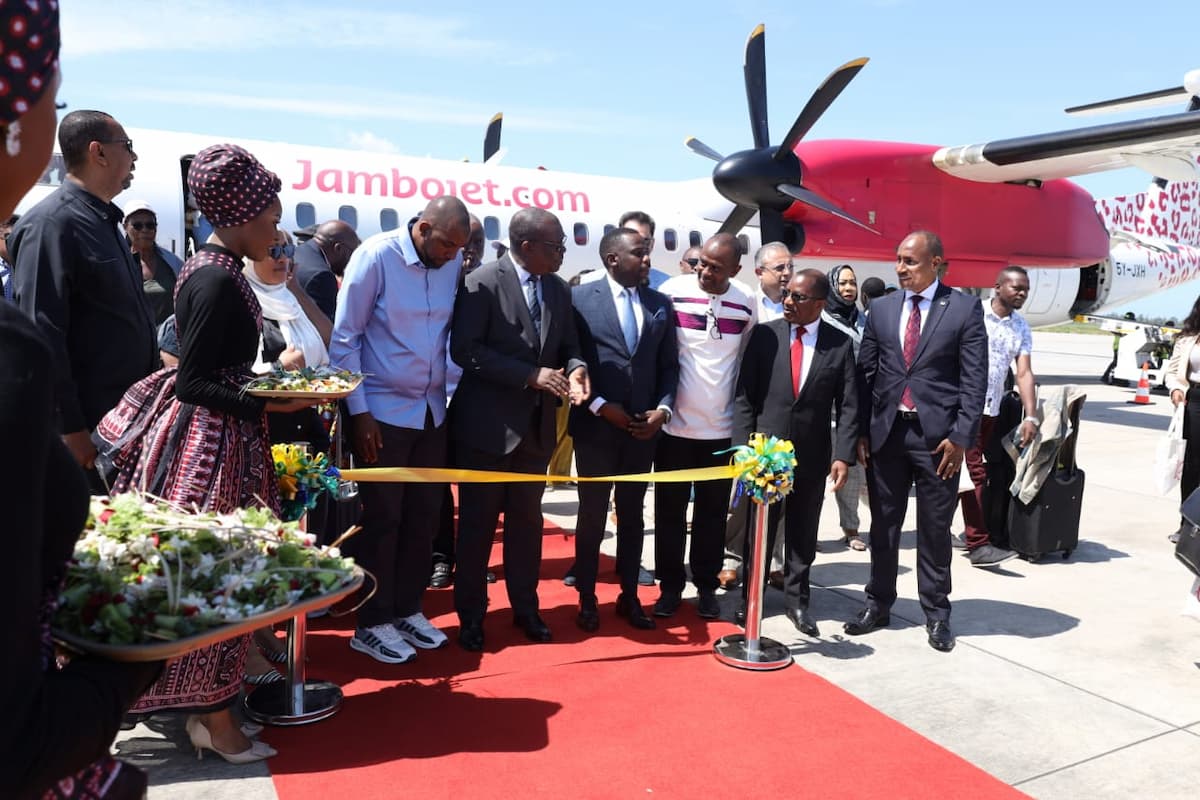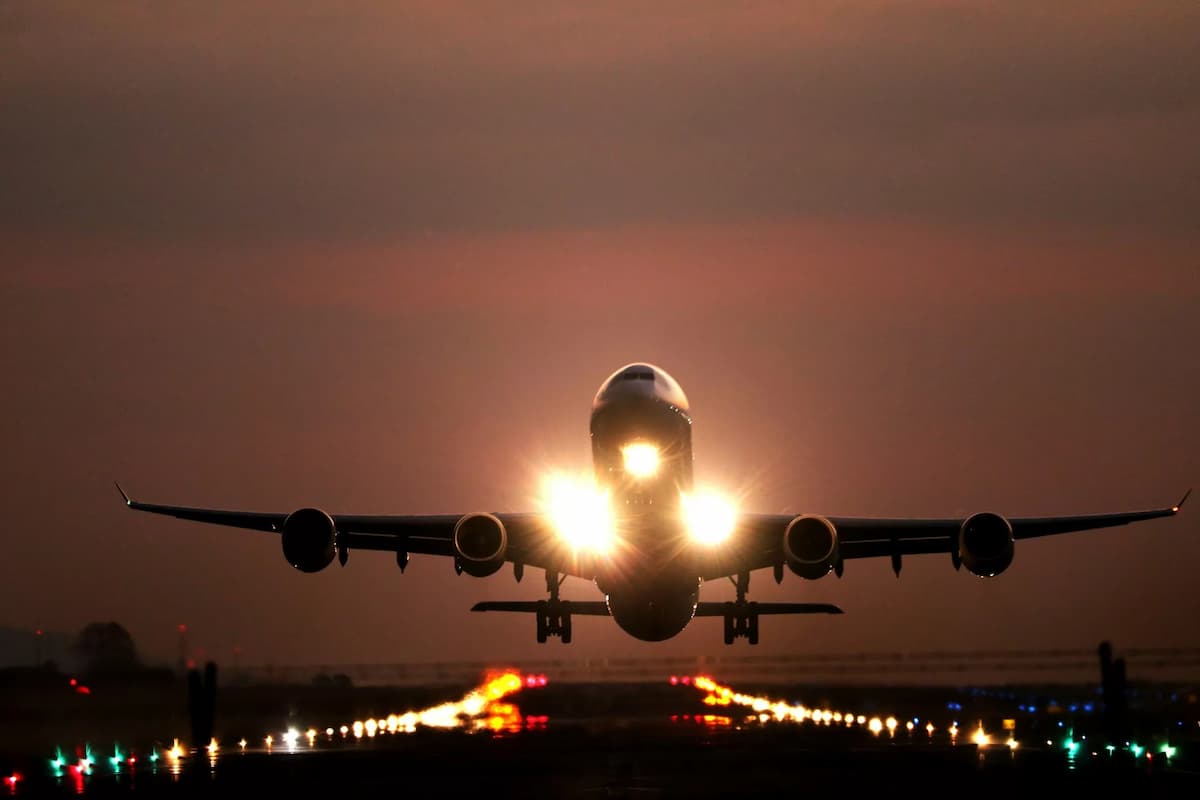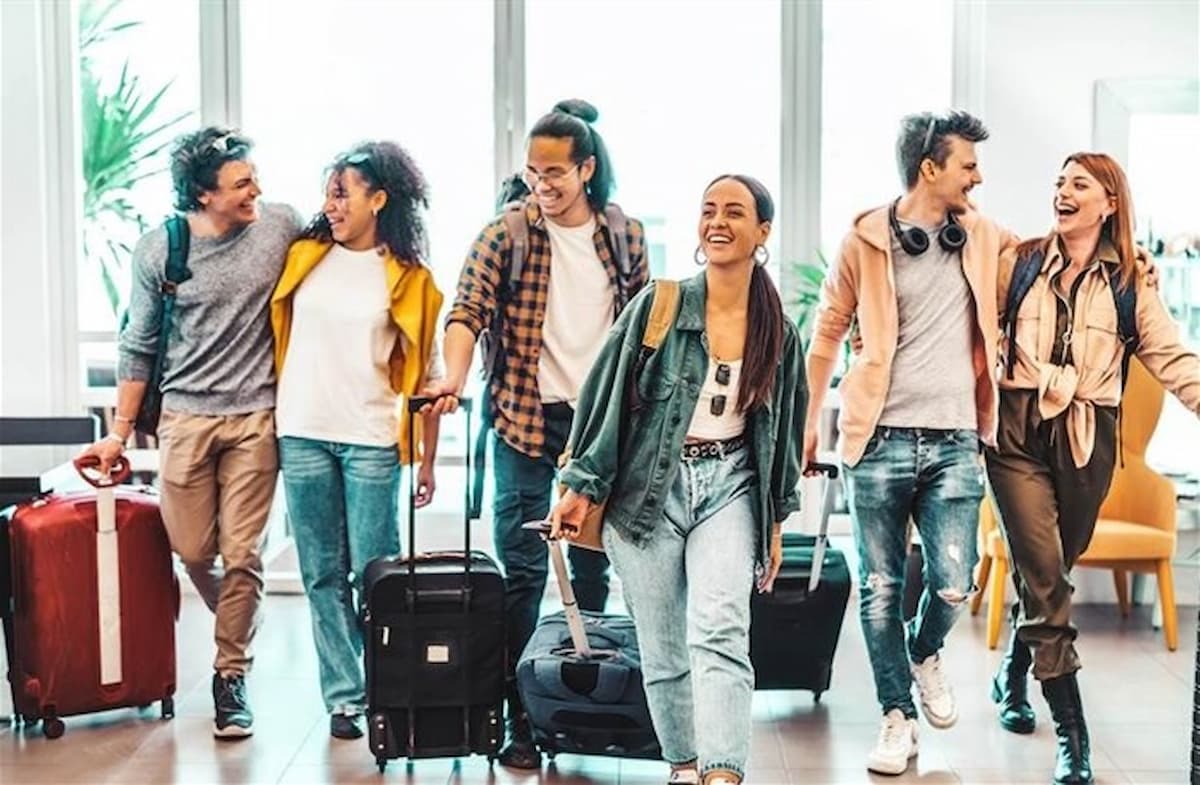The travel industry is taking notice of a rising demographic: Generation Z. As this tech-savvy generation comes of age, their unique travel preferences are poised to reshape the tourism landscape. Defined by social consciousness and a thirst for authentic experiences, Gen Z travellers are demanding a different approach from travel companies. Understanding their motivations and expectations will be crucial for crafting experiences that resonate with this influential generation.
Talking to this is Chaiwat Tamthai, director of the Tourism Authority of Thailand in Dubai for the Middle East and Africa. As he asserts: “the tourism industry is markedly different to what it was just a few years ago. Each generation of travellers puts their distinct stamp on the industry.
Generation Z is particularly distinctive in that they’ve grown up in a time of unparalleled change – they are digital natives who have lived through economic recessions, pivotal social movements, technological innovation and most recently, the Covid-19 pandemic.
These experiences have shaped their worldview and by extension, their take on many aspects of life, including social interactions, work and travel. As tourism industry leaders, getting to grips with some of these formative trends is the key to building a sector that is positioned to welcome these travellers to new and exciting experiences.”
Travel – but make it green
An increasing number of young travellers are going in search of tourism opportunities that have a relatively low carbon impact and show reverence and respect for the environment and local communities. This is especially true of South Africans.
According to a survey conducted by Flywire, 87% of local travel providers have seen a rise in the number of clients seeking sustainable travel options. A further 49% of travellers have expressed interest in sustainable options when booking accommodation.
Amongst these are Gen Z-ers who are more environmentally and socially conscious than their older counterparts. Their demand for more ‘responsible’ travel experiences also extends to how they choose modes of transport, their leisure plans and their food choices.
This trend has become particularly prevalent in destinations known for their green status, including Thailand, which offers travellers a range of eco-friendly options. As Tamthai explains, Thailand has a STAR programme that categorises tourism operators according to 12 sustainable travel criteria which include economic, social, environmental and good governance factors.
“The system is incredibly useful for responsible travellers who can easily review each operator’s sustainability status and make informed decisions, knowing that a quality standard has been set,” he says.
The search for authenticity
Even in a hyper-connected, high-tech world, young travellers go in search of authentic experiences that allow them to become immersed in local culture and lifestyle. Gen Z-ers are less likely to be drawn to popular tourist destinations and are more inclined to seek out opportunities that can take them off the beaten track. This quest for authenticity often leads them to prefer homestays, boutique hotels, and experiences like cooking classes and cultural festivals.
This trend has been picked up in locations like Thailand, which now offers a wide variety of authentic travel experiences. “Some of these include joining local farmers in rice plantations, hand-weaving crafts like baskets and cotton goods, embarking on a cultural exchange with a local host family or getting involved with a community-based tourism project.
“These kinds of opportunities can be richly rewarding and memorable and allow visitors to take a piece of authentic Thai magic home with them,” says Tamthai.
Digital-driven travel choices
As digital natives, Gen Z-ers are also the first generation to grow up with smartphones and social media. Naturally therefore, digital technology is an integral part of their travel experiences and choices. They rely heavily on apps and online platforms for everything from booking flights and accommodations to finding local attractions and restaurants.
Social media also plays a prominent role in how young people choose the destinations they visit. As much as 60% of South Africans find travel inspiration on social media channels such as Instagram and TikTok according to the Expedia Group.
Another study by Booking.com found that almost 40% rely heavily on peer reviews from social media influencers and celebrities when deciding where to go, what to do and what to eat. Going forward, social media will become an increasingly important touchpoint by which to engage these tech-savvy travellers.
Holistic health takes priority
Gen Z-ers are known to be more focused on holistic wellbeing and factors such as personal fitness, mental health and social awareness. This trend went into overdrive after the pandemic, with many young people seeking travel experiences that could assist them in their journey towards general wellness.
Destinations such as wellness spas cater to these kinds of travellers. In Thailand, many spas go beyond traditional offerings such as massages and offer programmes and retreats that are designed to restore and rejuvenate the body, mind and spirit. As Tamthai predicts, wellness tourism will continue to draw the interest of young people as this trend moves from being a niche to being a more mainstream pursuit.
Source: Bizcommunity.


